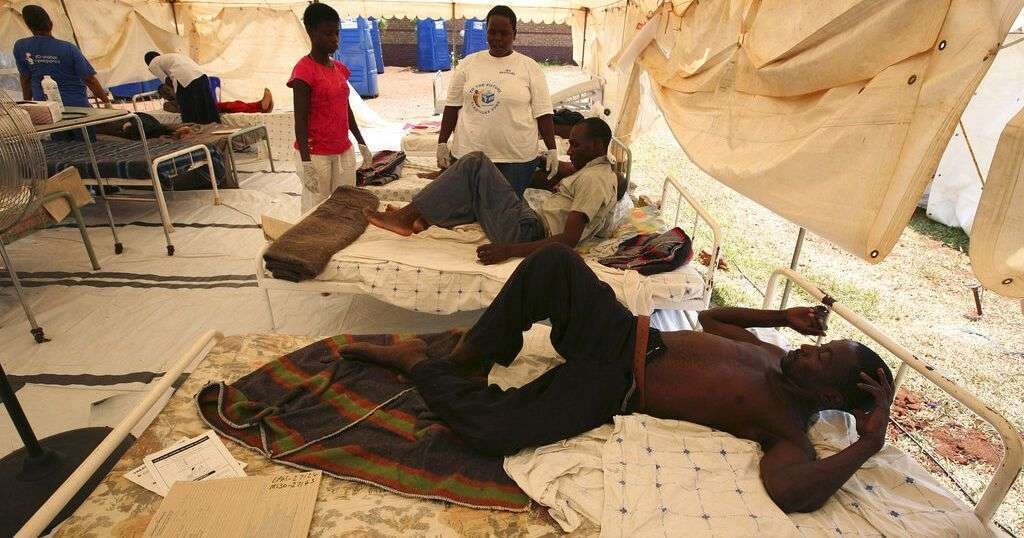Pretoria, South Africa – (African Boulevard News) – At least ten people have lost their lives, and 37 are critically ill due to a cholera outbreak in Gauteng, South Africa. The outbreak is especially alarming given that Gauteng is the country’s most populous province and home to its capital city, Johannesburg.
The outbreak was first reported on Tuesday, and the authorities acted immediately to contain it. The spread of the disease has been attributed to poor sanitation, and the Department of Health has issued a warning to residents to take extra precautions and practice good hygiene.
In a statement, the department disclosed that the outbreak has so far affected people in crowded and informal settlements where there is limited access to safe drinking water and sanitation.
“The Department of Health is doing everything possible to control the outbreak and prevent further spread of the disease. We have deployed health workers to affected areas, and we are providing clean water and medical supplies to those affected,” the statement read.
The department has also set up a task force to investigate the outbreak and determine its origin. The task force will work with local communities to identify any contamination sources and implement measures to control the outbreak.
The outbreak has generated wide concern, and health experts have warned of the risks posed by the country’s poor sanitation system. In recent months, the government has come under criticism for its failure to provide basic health services to residents in informal settlements, where the majority of the population lives.
According to Moroka Mokgathi, an epidemiologist at the University of Witwatersrand, the outbreak serves as a reminder of the urgent need to invest in sanitation infrastructure. “We cannot continue to ignore the problem of poor sanitation, especially in informal settlements. We need a comprehensive approach to address the root causes of these outbreaks,” Mokgathi said.
Cholera is a water-borne disease caused by a bacterium that leads to severe diarrhea, dehydration, and death if untreated. Inadequate access to safe drinking water and sanitation facilities is the primary cause of the disease’s spread.
The authorities are urging the public to maintain good hygiene practices and report any symptoms immediately to prevent further spread of the disease. Meanwhile, the affected areas are receiving medical supplies and clean water as the government and public health professionals work to contain the outbreak.

